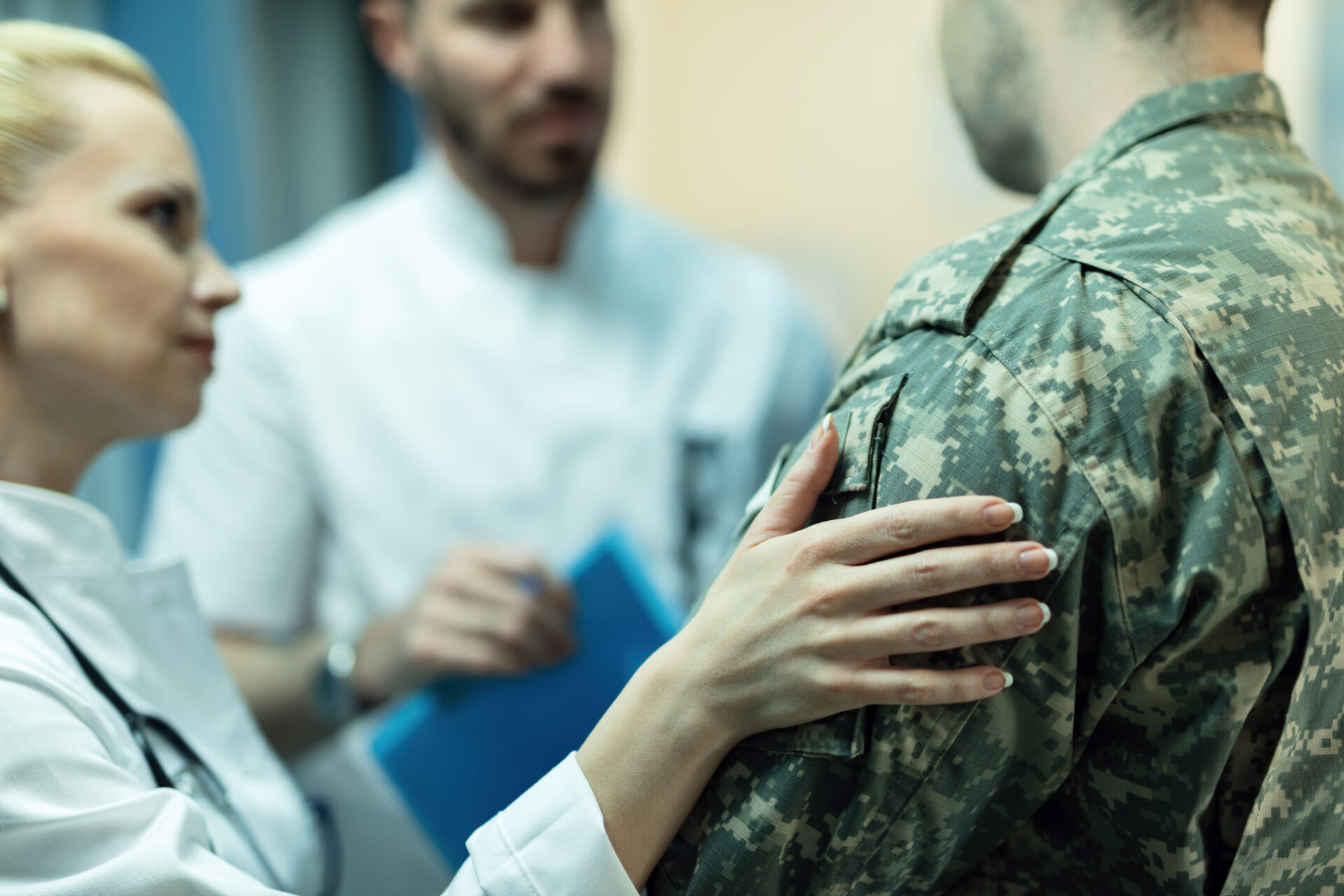Veterans in suicidal crisis can go to any VA or non-VA health care facility for free emergency health care and veterans do not need to be enrolled in the VA system to use these benefits.
Veterans in suicidal crisis can go to any Veterans Affairs or non-VA health care facility for free emergency health care and do not need to be enrolled in the VA system to use these benefits.
This expansion in access to care will increase access to acute suicide care for up to nine million veterans who are not currently enrolled in VA health care.
Sara Yoke is the public affairs officer for the Beckley VA Medical Center. She said West Virginia has four medical centers and several VA outpatient clinics, allowing all West Virginia veterans to use this new benefit.
“When a veteran is in crisis, they’re not completely in the right headspace to be thinking about, ‘Oh, I need to do this, then this and this,’” Yoke said. “So this expansion makes it so that any veteran, whether they’re enrolled in VA or not, can go to any health care facility, at the VA or in the community, if they’re in a suicidal crisis for free emergency health care.”
Programs such as this aim to prevent veteran suicide by guaranteeing care at no cost, including inpatient or crisis residential care for up to 30 days and outpatient care for up to 90 days.
“I think having these ongoing programs, in addition to what we already offer, I think it’s really making a difference in reducing the number of veteran suicides,” Yoke said. “And we work really closely with our community partners, because it takes a community effort to educate on what to do if a veteran is in crisis, what someone can do, but also what programs are available.”
In September, the U.S. Department of Veterans Affairs released its 2022 National Veteran Suicide Prevention Annual Report, which showed that veteran suicides decreased in 2020 for the second year in a row, and that fewer veterans died by suicide in 2020 than in any year since 2006.
“Veterans in suicidal crisis can now receive the free, world-class emergency health care they deserve – no matter where they need it, when they need it, or whether they’re enrolled in VA care,” said Denis McDonough, U.S. secretary for Veterans Affairs. “This expansion of care will save veterans’ lives, and there’s nothing more important than that.”
